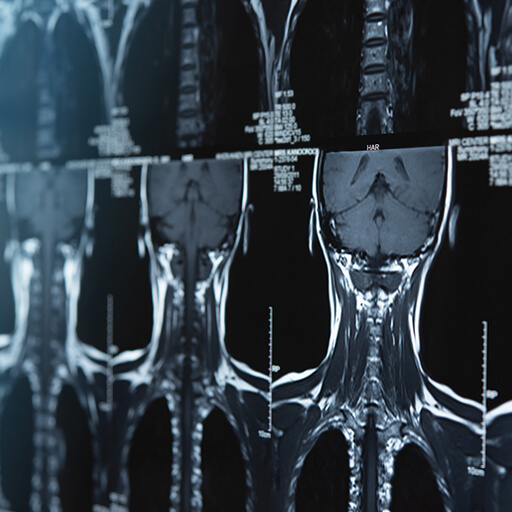Neurosurgery Board Reviews
1 - 1 of 1 results
- SAVE 15% W/ CODE: CME15
Oakstone CME Neurosurgery — A Comprehensive Review
Neurosurgery CME from the Experts
This online CME program is broad and deep in its coverage of neurosurgery subspecialty areas. Led by Ian F. Dunn, MD, FAANS, authoritative speakers with extensive subspecialty training present the latest technical innovations and surgical techniques, along with pearls and pitfalls from their own clinical practices. Neurosurgery – A Comprehensive Review delivers key take-home points with each lecture, including:
- Vascular Malformations. Intracranial vascular malformations are best treated with multimodality therapy, including microsurgery, embolization, and stereotactic radiosurgery in different combinations.
- Management of Severe Traumatic Brain Injury. Modern management of traumatic brain injury involves improving outcomes via minimizing secondary injury.
- Cervical Spine Trauma. The need for surgical stabilization after cervical trauma depends on the extent of bony, discoligamentous, and neurologic compromise.
- Brachial Plexus Lesions. Nerve transfers have a role in reconstructing function in brachial plexus injuries.
- Meningiomas. Threat of recurrence is directly related to the extent of surgical removal.
- And more…
Learning Objectives
At the completion of this course, you should be able to:
- Differentiate among intracranial aneurysms by etiology
- Decide on when and how to treat arteriovenous malformations
- Describe the preoperative, intraoperative, and postoperative considerations in skull base surgery
- List the complications possible in frontal sinus surgery
- Differentiate among benign, malignant, intraneural, and extraneural peripheral nerve tumors
- Explain the ideal circumstances for resection of meningiomas
- Compare Type I, Type II, Type III, and Type IV classifications of nerve sheath tumors
- Identify the possible causes of hydrocephalus
- Describe the classic presentation and symptoms of craniopharyngioma
- Name the benefits of minimally invasive surgery over open surgery for disc herniation
Intended Audience
This educational activity was designed for neurosurgeons in practice, neurosurgery fellows, residents, nurse practitioners and physician assistants working in neurosurgery.
See full details chevron_right- Cost: $1095
- Credit hours: 35.50
- CME credits awarded by: Oakstone Publishing, LLC.
- Format: On-Demand Online, Online Video, Online Audio, Audio CD
- Material last updated: June 1, 2021
- Expiration of CME credit: June 1, 2024

